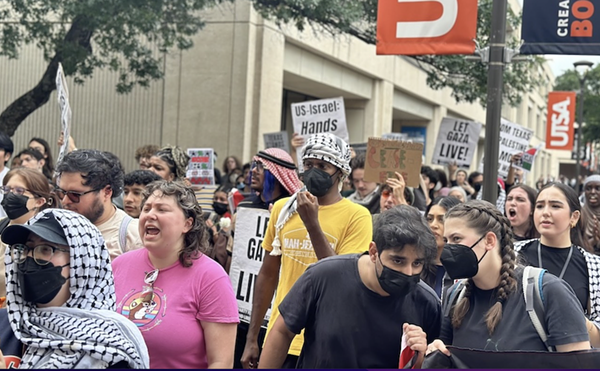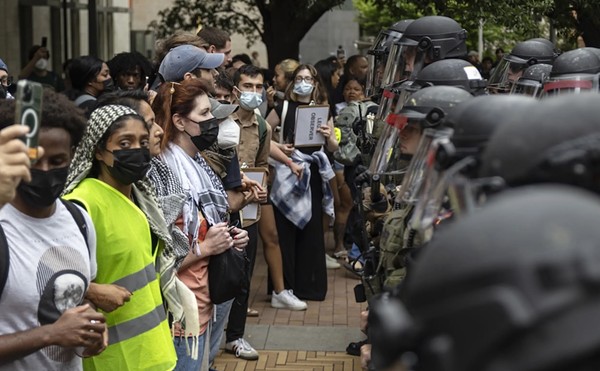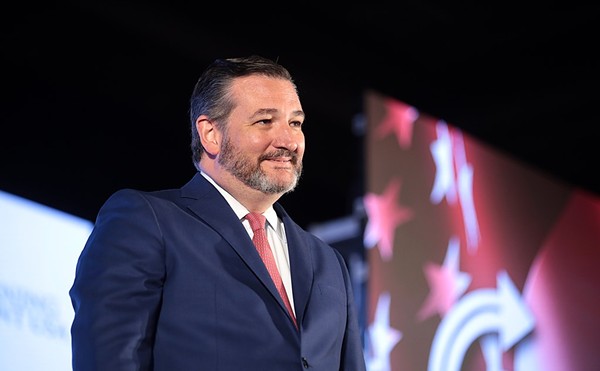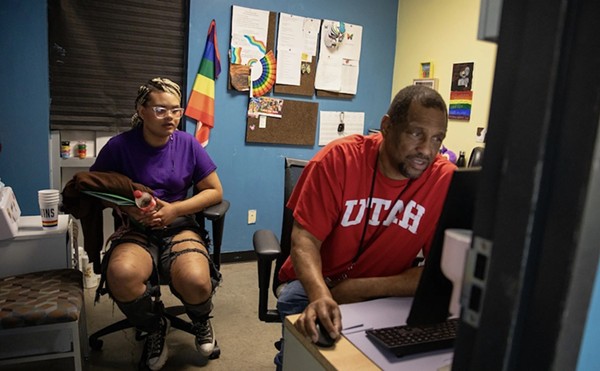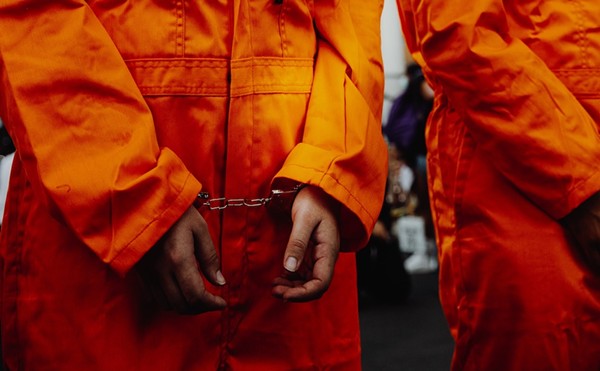
Last week’s vote to jump three well-connected organizations to the front of the line as the city doled out federal COVID-19 relief funds offered another dismaying look at how public business gets done in San Antonio.
On a 9-1 vote last Thursday, city council approved a distribution plan for $212.5 million in federal pandemic recovery grants made available through the American Rescue Plan Act (ARPA). Those funds are vital as the city deals with mental health issues, economic development and other challenges wrought by COVID.
What’s alarming about that vote is that the approved package immediately funnels $32 million of the funds to a trio of influential local groups while requiring others — most with fewer resources and political connections — to undergo a lengthy approval process.
Of that special set-aside, $10 million is going to Texas Biomedical Research Institute, a well-funded lab controversial for its experiments on primates; $15 million to Morgan’s Wonderland, a theme park accessible to people with special needs; and $7 million to Educare, a child-care program connected to the Texas A&M-San Antonio campus.
Multiple citizen speakers at Thursday’s meeting questioned why those three organizations, other than their obvious political clout, got to jump the line. Longtime activist Graciela Sanchez of the Esperanza Peace & Justice Center blasted their special treatment as “sweetheart deals” arranged by City Manager Erik Walsh and his staff.
It’s hard to disagree.
After all, there was minimal public input on the decision to give those three groups a leg up. Plus, to Sanchez’s point, they have the finances and political heft to lobby council in ways others can’t.
“Maybe it wasn’t slimy, maybe it wasn’t shady, but how does it not look that way?” District 2 Councilman Jalen McKee-Rodriguez asked in an interview following the meeting, during which he cast the only dissenting vote. “How can anybody else look at this and not say the city made some sort of special agreement or deal? Because those conversations were never public.”
The lack of transparency McKee-Rodriguez raises is especially troubling in the case of Texas Biomed, which last year sought an $11 million municipal bond from the city to expand its infrastructure. After overwhelming pushback from residents and animal-welfare groups during public comment, the lab withdrew its request in December.
Understandable. To a research institution with 2020 assets of more than $225 million, that funding — while not exactly couch-cushion money — probably wasn’t worth the ugly public fight. Especially if there were other ways to secure it.
The $10 million in council-approved ARPA funds now going to Texas Biomed are slated to fund that same infrastructure expansion. Only this time, there were far fewer of those pesky public input sessions to get in the way.
McKee-Rodriguez said he had no recollection of the lab presenting at a December council B Session on the ARPA funds. Many who spoke Thursday against the allotment said they were also surprised when it popped up on council’s agenda.
Mayor Ron Nirenberg and others on the dais had a chance to remedy the appearance of a backroom deal when McKee-Rodriguez introduced an amendment to require separate votes on the expedited funding for Texas Biomed and the other two organizations.
However, his motion failed on a 6-3 vote with one abstention. Nirenberg was among those who rejected it.
At the meeting, citizens and animal-welfare advocates accused the city of giving Texas Biomed a hefty consolation prize after it failed to land the bond money. Given the circumstances, it’s easy to see why they read council’s vote as an end run.
One speaker, 19-year-old Mariah Smith, said she adjusted her work schedule so she could show up at multiple bond meetings to raise concerns about Texas Biomed’s treatment of animals. In the end, it seemed like the lab was destined for a city handout no matter what.
“This was my first real experience with the city’s public engagement process, and I must say I’m a bit disappointed,” Smith said, in what should be in the early running for Understatement of the Year.
Nirenberg and council should take note of Smith’s words of frustration. While voiced by someone new to the political process, similar complaints about the city’s lack of transparency, disregard for public input, closed corridors of access and unbridled staff power aren’t new.
Those same grievances drove the fire union’s success on a punitive 2018 ballot measure that prompted the departure of previous city manager Sheryl Sculley. They also contributed to Nirenberg’s 2019 near defeat by anti-establishment candidate Greg Brockhouse.
San Antonio’s powerful may still enjoy special access, but voters don’t like to be ignored.
Stay on top of San Antonio news and views. Sign up for our Weekly Headlines Newsletter.








